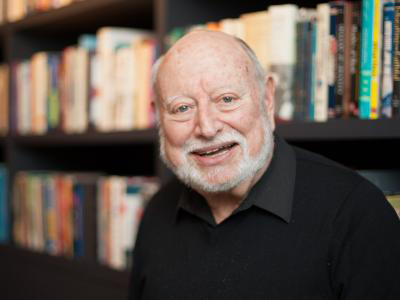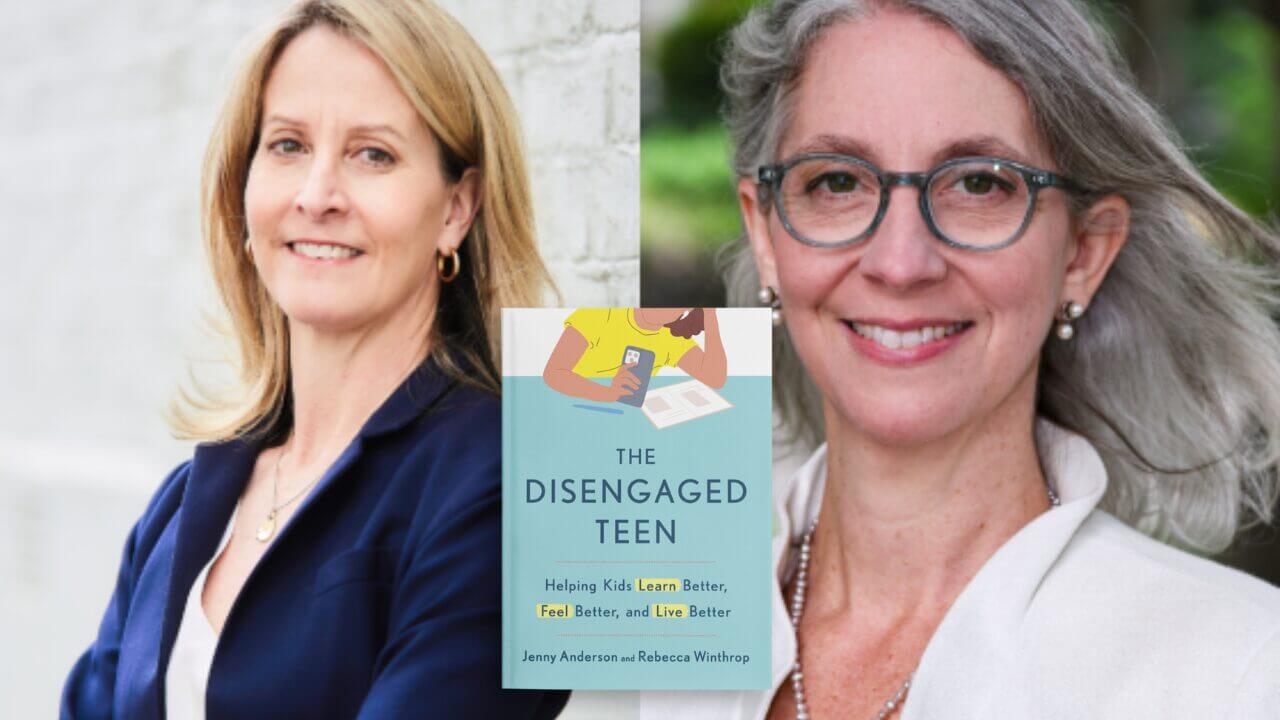In Memoriam: Dr. Lee S. Shulman, 1938-2024

“Learning is least useful when it is private and hidden; it is most powerful when it becomes public and communal. Learning flourishes when we take what we think we know and offer it as community property among fellow learners so that it can be tested, examined, challenged, and improved before we internalize it.”
–Dr. Lee S. Shulman, Teaching as Community Property: Essays on Higher Education
It is with profound sadness that we announce the passing of Dr. Lee S. Shulman, the 8th President of the Carnegie Foundation for the Advancement of Teaching. Lee was a beloved educational psychologist and a pioneering scholar, whose generosity, curiosity, and warmth touched the lives of all who had the privilege of knowing him.
Before coming to Carnegie, Lee earned his PhD in educational psychology at the University of Chicago. Upon receiving his PhD, Lee joined the faculty at Michigan State University, where he established the Institute for Research on Teaching with the mission to advance the understanding of teaching and learning processes. In 1982 Lee moved to Stanford University, where he was named the Charles E. Ducommun Professor of Education. Among his countless contributions to the field of education, his research and leadership led to the creation of the National Board for Professional Teaching Standards. While a professor at Stanford, he also served as president of both the American Educational Research Association and the National Academy of Education.
In October 1996, Lee was named the 8th president of the Carnegie Foundation, which he led until 2008 with unwavering dedication, brilliance, and a profound commitment to the advancement of teaching. His leadership, which began at the turn of a new millennium, proved transformative for the Foundation in many ways. He moved the Foundation from Princeton, New Jersey to the San Francisco Bay Area, designing and building the Foundation’s headquarters on the Stanford University campus.
During his tenure, the Foundation became a center for the advanced study of teaching at all levels and across many disciplines. He launched the Preparation for the Professions Program—a multiyear study of professional education that would compare approaches to teaching and learning across professions. Reminiscent of the early-20th-century reports following the Flexner Report, Lee’s studies examined the preparation of physicians, engineers, lawyers, teachers, nurses, and the clergy. He cultivated multiple initiatives at the Foundation to improve and advance classroom teaching and learning at colleges and universities, supporting a view of liberal education that included a commitment to diversity and to the empowerment of students as participating and contributing members of society. In 1998, he launched the Carnegie Academy for the Scholarship of Teaching and Learning (CASTL), which included programs for campuses and disciplinary associations, national fellowship programs for teachers in K–12, and collegial associations in which college and university faculty in diverse fields came together to develop a scholarship of teaching and learning. A collection of Lee’s writing, The Wisdom of Practice: Essays on Teaching, Learning and Learning to Teach, received the University of Louisville’s Grawemeyer Award in Education in 2006.
Under Lee’s leadership, the Foundation also turned its attention to studies on doctoral education, incubating the Carnegie Project on the Education Doctorate (CPED), which engaged more than 50 schools of education in a critical evaluation and redesign of the Ed.D. to increase the degree’s rigor and relevance nationwide. Today, the University of Pittsburgh houses CPED, a vital and important institution that includes more than 105 institutions across the United States, Canada, and New Zealand.
Beyond his myriad professional accomplishments, Lee’s legacy will live on in how he inspired and nurtured all those he touched. He fostered an environment of intellectual rigor and compassionate collaboration, ensuring that the Foundation was both a beacon of excellence and innovation and a place infused with compassion and curiosity. He captured his approach to leadership in a July 2005 report to the Board of Trustees:
“I spend a fair amount of time walking around the building, engaging colleagues in informal conversations—-whether in the kitchen or in the hallways …because I view my primary responsibility as local rather than global; I am critic, gadfly, and bridge builder. Often you will find me in small meetings in my office with staff, discussing programs as well as individual career paths and dreams. I like to think of the Foundation as a model of the kind of multidisciplinary, nonhierarchical community of learners that we would hope every college or university department could become.”
As we remember Lee, we celebrate a life dedicated to the pursuit of knowledge, the betterment of education, and the uplifting of every individual he touched. His spirit will continue to guide the Carnegie Foundation as we honor his legacy and strive to fulfill the vision he passionately championed.
Our deepest condolences go out to Lee’s family, friends, and all who were fortunate enough to work with him. Donations in Lee’s honor can be made to the Leukemia and Lymphoma Society and the Camp Ramah Tikvah Program in Ojai, California. May his memory be for a blessing.

December 19, 2024
This is just a preview of what’s included in our December newsletter, featuring an opening letter from our president, Timothy Knowles. Click below to explore all the updates! Dear Friends and Colleagues, Every year, I read poetry in December. It started as a way to briefly untether from the tsunami…
January 22, 2025
Explore this insightful Q&A with award-winning journalist Jenny Anderson and global education expert Rebecca Winthrop as they discuss the evolution of education reporting, the transformative power of family-school engagement, and what parents can do to ensure their children thrive. Anderson, who spent over a decade at The New York Times…







